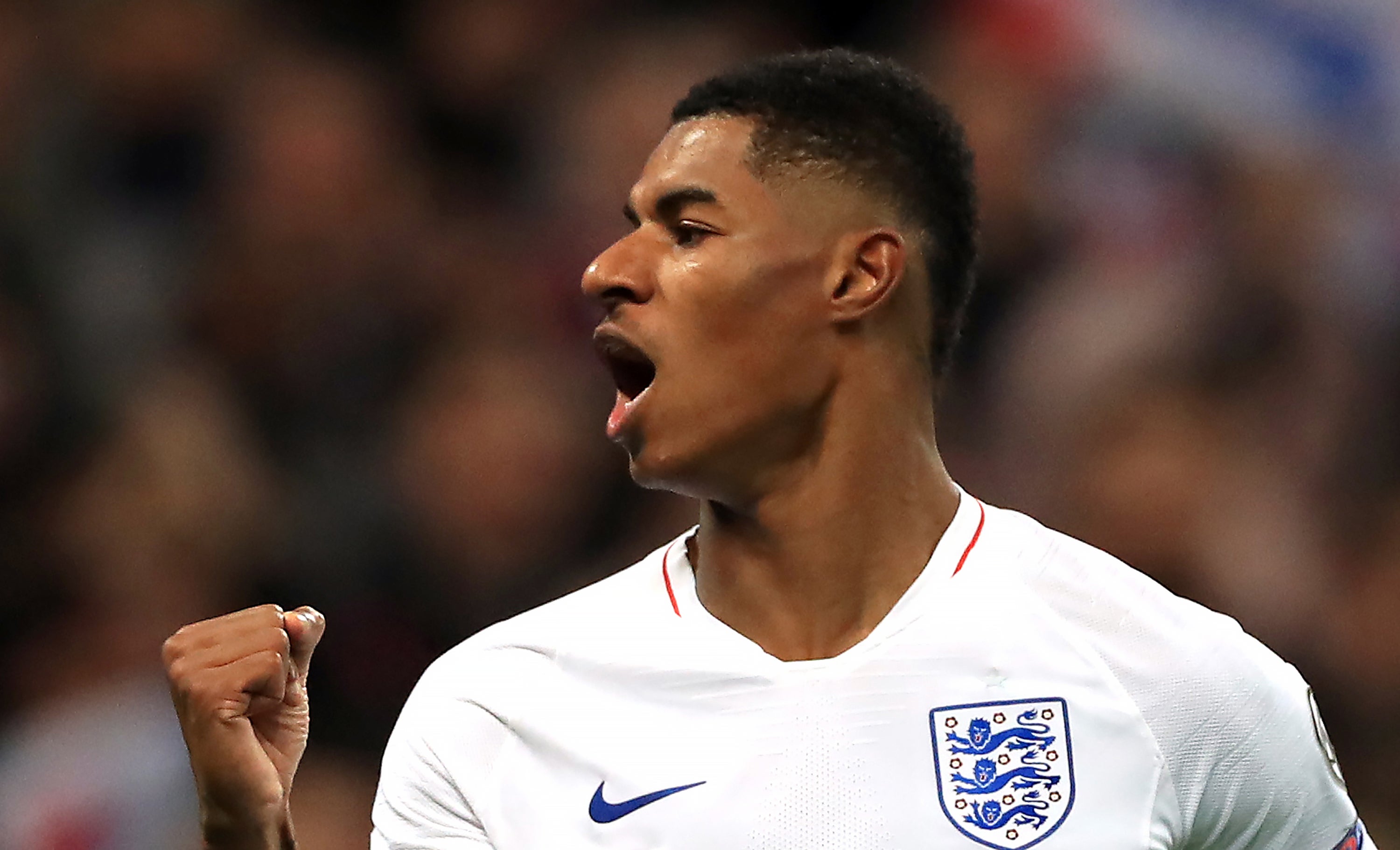Survey finds 68 per cent of football fans believe the sport has a racism problem
Forty-nine per cent of cricket fans and 31 per cent of rugby union fans surveyed felt their sport had a problem with racism.

Your support helps us to tell the story
From reproductive rights to climate change to Big Tech, The Independent is on the ground when the story is developing. Whether it's investigating the financials of Elon Musk's pro-Trump PAC or producing our latest documentary, 'The A Word', which shines a light on the American women fighting for reproductive rights, we know how important it is to parse out the facts from the messaging.
At such a critical moment in US history, we need reporters on the ground. Your donation allows us to keep sending journalists to speak to both sides of the story.
The Independent is trusted by Americans across the entire political spectrum. And unlike many other quality news outlets, we choose not to lock Americans out of our reporting and analysis with paywalls. We believe quality journalism should be available to everyone, paid for by those who can afford it.
Your support makes all the difference.Football fans are more likely to believe their sport has a significant problem with racism compared to followers of cricket and rugby union, according to a new Ipsos survey.
The research found 68 per cent of football fans considered their sport to have a very or fairly big problem with racism, compared to 49 per cent in cricket and 31 per cent in rugby union.
Racist abuse continues to be aimed at footballers in person and online, with incidences of hate crime in stadia rising from 146 in the first half of the 2019-20 campaign compared to 206 in the same period in the current campaign, according to mid-season figures released by the UK Football Policing Unit.
Custodial sentences have been imposed on individuals who directed racist abuse at England players Marcus Rashford, Jadon Sancho and Bukayo Saka following last summer’s Euro 2020 final.
Anti-discrimination campaigners in the game hope that the Online Safety Bill will force social media companies to be more proactive in tackling abuse on their platforms or face criminal consequences.
Despite that, 43 per cent of football fans do not believe enough is being done to combat racism in the sport.
Ipsos interviewed 2,051 people aged 16 to 75 earlier this month, with 921 describing themselves as football fans, 519 as rugby union fans and 447 as lovers of cricket.
In cricket, fans are divided on whether there is a big problem with racism, with 49 per cent saying there was a very or fairly big problem and 48 per cent saying it was not a big problem or not a problem at all.
That is despite the harrowing testimony of abuse given to MPs last year by former Yorkshire player Azeem Rafiq which led to other players coming forward to make allegations of their own.
The England and Wales Cricket Board has launched a game-wide 12-point plan to tackle discrimination in the sport, with the Government warning it will face a cut in public funding if it is not satisfied that the ECB is fully addressing the issue.
Less than one in three rugby union fans believe their sport has a very or fairly big problem with racism.
Former England international turned pundit Ugo Monye has previously accused Premiership Rugby of only paying lip service to tackling racism, while former dual-code international Jason Robinson said, when the cricket racism scandal erupted, that the sport was simply “the one that got caught”.
He told PA last November: “I’ve been on a field where there has been four or five thousand people shouting the most horrendous racist abuse.”
Commenting on the findings, Ipsos Research Director Keiran Pedley said: “These figures show that football fans believe that racism is a significant problem for the sport, with large numbers saying more should be done to tackle it. A smaller, but significant, number of cricket fans say the same about cricket. Meanwhile, whilst fans of rugby union are the least likely to see an issue in their sport, this does not of course mean there isn’t one.”